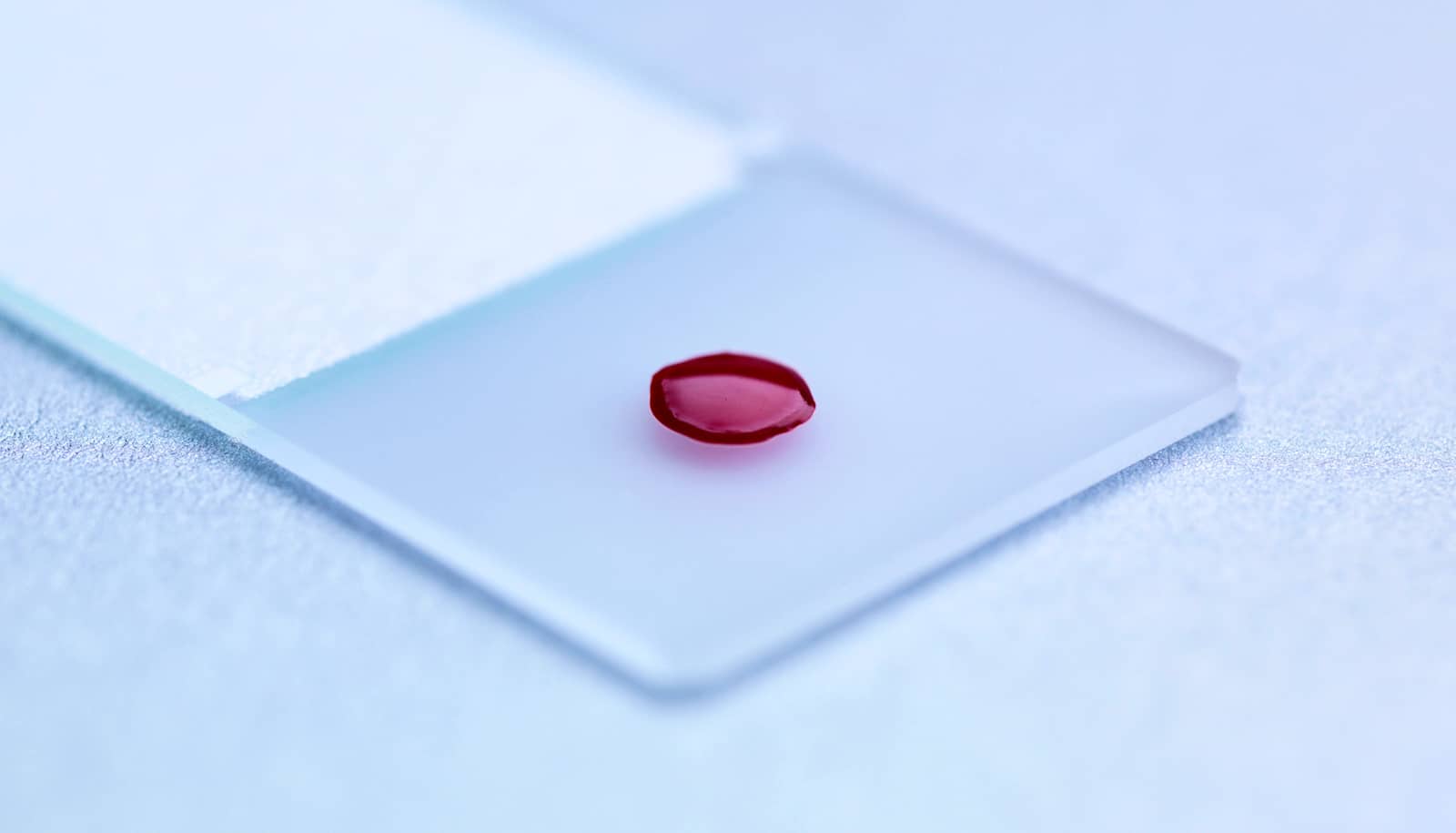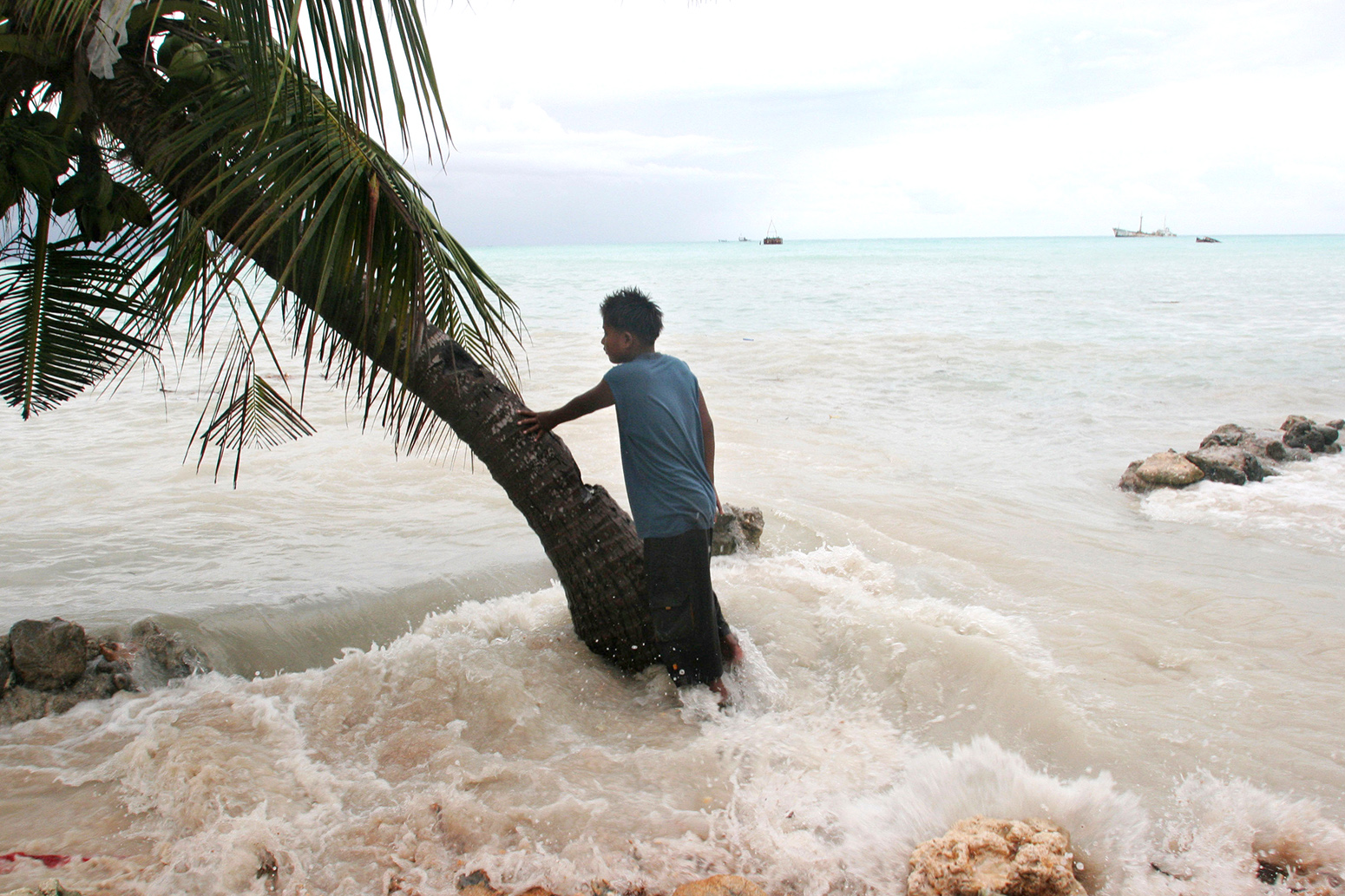MIT neuroscientists have developed a new magnetic resonance imaging (MRI) sensor that allows them to monitor neural activity deep within the brain by tracking calcium ions. This could allow researchers to link specific brain functions to their pattern of neuron activity
30 April, 2018
MIT neuroscientists have developed a new magnetic resonance imaging (MRI) sensor that allows them to monitor neural activity deep within the brain by tracking calcium ions. This could allow researchers to link specific brain functions to their pattern of neuron activity
MIT neuroscientists have developed a new magnetic resonance imaging (MRI) sensor that allows them to monitor neural activity deep within the brain by tracking calcium ions. This could allow researchers to link specific brain functions to their pattern of neuron activity
Increasing fires and summer droughts caused by global warming are drastically changing a globally unique bio-region of northern California and southwestern Oregon, according to new research.

Increasing fires and summer droughts caused by global warming are drastically changing a globally unique bio-region of northern California and southwestern Oregon, according to new research.
The first study of its kind has found that people who vape have the same mix of gut bacteria as non-smokers, whilst smokers have significant changes to their microbiome.

The first study of its kind has found that people who vape have the same mix of gut bacteria as non-smokers, whilst smokers have significant changes to their microbiome.
A new study finds that eating produce in its natural form may boost mood and reduce depressive symptoms. People who ate more uncooked produce had lower levels of symptoms related to depression and other mental illnesses, compared to those who ate more cooked, canned, or processed varieties.
A new study finds that eating produce in its natural form may boost mood and reduce depressive symptoms. People who ate more uncooked produce had lower levels of symptoms related to depression and other mental illnesses, compared to those who ate more cooked, canned, or processed varieties.
Scientists used a new photo-electrode made from nanoparticles of the elements lanthanum, iron and oxygen, to split water into its constituent parts - hydrogen and oxygen – using sunlight. The hydrogen can then be used as a fuel, with the potential to power everyday items such as homes and vehicles.
Scientists used a new photo-electrode made from nanoparticles of the elements lanthanum, iron and oxygen, to split water into its constituent parts - hydrogen and oxygen – using sunlight. The hydrogen can then be used as a fuel, with the potential to power everyday items such as homes and vehicles.
Science AMA Series: Hi Reddit, I’m David Linden, a neuroscientist working on brain plasticity and the editor of a new book of essays: “Think Tank: 40 Neuroscientists Explore the Biological Roots of Human Experience.” AMA!

Hello Reddit, my name is David Linden and I’m a professor of neuroscience at the Johns Hopkins University School of Medicine. In my lab, I study neural plasticity- the ability of the brain to be modified by experience- whether from learning, hibernation, hormonal fluctuations or injury.
I have a long-standing interest in scientific communication and have served for years as the chief editor of The Journal of Neurophysiology. I’ve also written several books about neural function for a general audience including The Accidental Mind (2007), The Compass of Pleasure (2011) and Touch (2015).
I find that scientists are trained to be meticulous when they speak about their work. That’s why I like getting my neuroscience colleagues tipsy. For years, after plying them with spirits, I’ve been asking brain researchers the same simple question: “What idea about brain function would you most like to explain to the world?” I’ve been delighted with their responses. They don’t delve into the minutiae of their latest experiments or lapse into nerd speak. They sit up a little straighter, open their eyes a little wider, and give clear, insightful, and often unpredictable or counterintuitive answers. A new book I’ve edited, called “Think Tank: 40 Neuroscientists Explore the Biological Roots of Human Experience” (Yale Press, 2018) is the result of those conversations. I’ve invited a group of the world’s leading neuroscientists, my dream team of thoughtful, erudite, and clear-thinking researchers, to answer that key question in the form of a short essay. I have encouraged each author to choose her or his own topic to tell the scientific story that she or he is burning to share in clear and compelling language.
Lets’ talk brains, behavior and scientific communication.
I look forward to having you #AskMeAnything on April 30th, 1 PM ET.
I'm Joanna Bryson, a Professor in Artificial (and Natural) Intelligence at the University of Bath. I’d love to talk about AI regulation and law, how we treat AI and the companies and people who make it, why humans need to keep being the responsible agents, and anything else - AMA!

I really do build AI, mostly myself to study natural intelligence (especially human cooperation), but with my PhD students I also work on making anthropomorphic AI like in computer game characters or domestic robots transparent (understandable) to its users, because that makes it safer and more ethical. I used to work as a professional programmer myself in the 1980s and 1990s, including for LEGO! But since getting three graduate degrees (in AI & Psychology from Edinburgh and MIT, the last in 2001) I've been a full time academic. Last year I did an AMA on AI and AI ethics that you guys really liked, so my University suggested we do it again, this time talking about the work I've been doing since 2010 in AI policy -- helping governments, non-government organisations like the Red Cross or the OECD (Organisation for Economic Co-operation and Development), tech companies and society at large figure out how we can fit AI into our society, including our homes, work, democracy, war, and economy. So we can talk some more about AI again, but also this time let's talk mostly about regulation and law, how we treat AI and the companies and people who make it, why humans need to keep being the responsible agents, and anything else you want to discuss. Just like last year, I look forwards not only to teaching (which I love) but learning from you, including about your concerns and just whether my arguments make sense to you. We're all in this together!
I will be back at 3 pm ET to answer your questions, ask me anything!
Here are some of my recent papers:
• Patiency Is Not a Virtue: The Design of Intelligent Systems and Systems of Ethics
• Of, For, and By the People: The Legal Lacuna of Synthetic Persons
• Semantics derived automatically from language corpora contain human biases. Open access version: authors' final copy of both the main article and the supplement.
• The Malicious Use of Artificial Intelligence: Forecasting, Prevention, and Mitigation
People who stick to five healthy habits in adulthood may add more than a decade to their lives. Compared with people who adopted none of them, men and women who adhered to all five saw their life expectancy rise an extra 12 years for men and 14 for women, find Harvard researchers (n= 123,000).
People who stick to five healthy habits in adulthood may add more than a decade to their lives. Compared with people who adopted none of them, men and women who adhered to all five saw their life expectancy rise an extra 12 years for men and 14 for women, find Harvard researchers (n= 123,000).
New Catalyst Discovered For Synthetic Photosynthesis [Unbiased Spontaneous Solar Fuel Production using Stable LaFeO 3 Photoelectrode]

New Catalyst Discovered For Synthetic Photosynthesis [Unbiased Spontaneous Solar Fuel Production using Stable LaFeO 3 Photoelectrode]
29 April, 2018
30 new genetic risk factors for depression have been identified in an international study of 135,000 people with major depressive disorders and 344,000+ controls
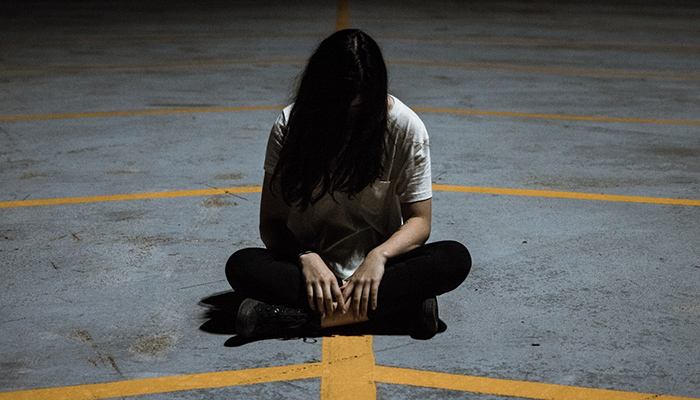
30 new genetic risk factors for depression have been identified in an international study of 135,000 people with major depressive disorders and 344,000+ controls
Using a tiny array of electrodes implanted in the brain's somatosensory cortex, Caltech scientists have induced sensations of touch and movement in the arm of a paralyzed man
Using a tiny array of electrodes implanted in the brain's somatosensory cortex, Caltech scientists have induced sensations of touch and movement in the arm of a paralyzed man
Ayahuasca Might be a Treatment Option for Crack Cocaine Dependence.

Ayahuasca Might be a Treatment Option for Crack Cocaine Dependence.
Archaeologists uncover evidence of a massacre more than 1500 years ago, when the inhabitants of a small village were struck down in their houses or as they fled along the street, and their bodies left to rot where they fell – with their treasures including beautiful jewellery and Roman gold coins.
Archaeologists uncover evidence of a massacre more than 1500 years ago, when the inhabitants of a small village were struck down in their houses or as they fled along the street, and their bodies left to rot where they fell – with their treasures including beautiful jewellery and Roman gold coins.
Three-Minute brain stimulation found effective for hard-to-treat depression. The study focused on people with treatment-resistant depression, which means they don’t experience a sufficient improvement in their symptoms after trying antidepressant medication
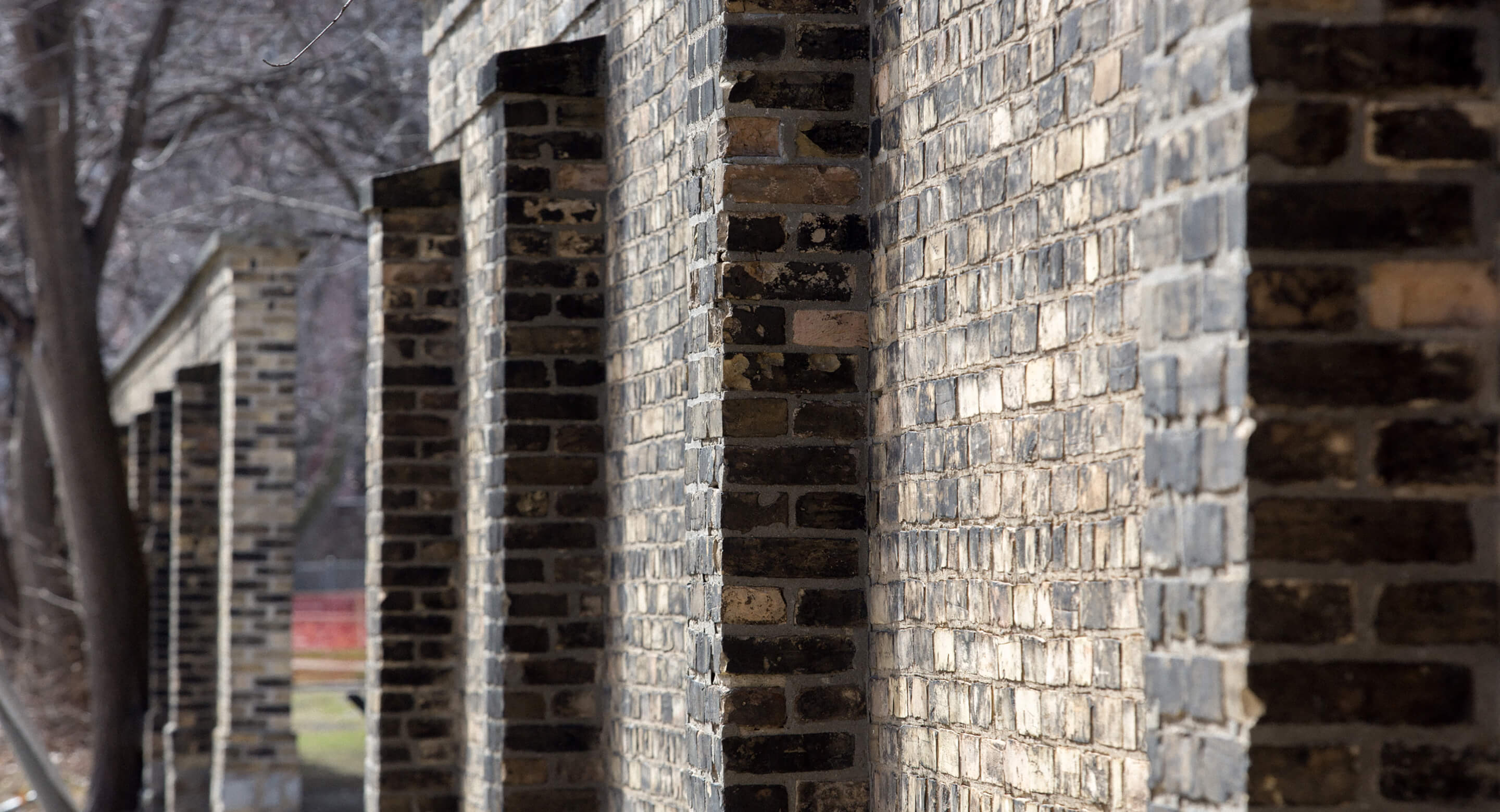
Three-Minute brain stimulation found effective for hard-to-treat depression. The study focused on people with treatment-resistant depression, which means they don’t experience a sufficient improvement in their symptoms after trying antidepressant medication
In a new study, scientists have identified 888 genes that define the various cell types and structures that make up the human skin.

In a new study, scientists have identified 888 genes that define the various cell types and structures that make up the human skin.
A study by University of Manchester researchers has shown for the first time that a bad night’s sleep is associated with suicidal thoughts the next day in people with depression.
A study by University of Manchester researchers has shown for the first time that a bad night’s sleep is associated with suicidal thoughts the next day in people with depression.
Scientists from the University of Hong Kong have developed a new antibody drug that will not only protect people from contracting HIV but also serve as a long-acting treatment for the virus
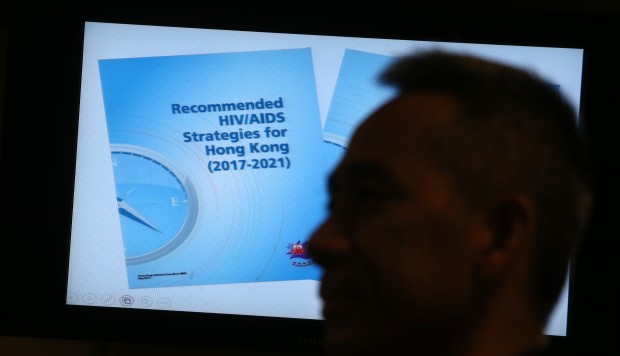
Scientists from the University of Hong Kong have developed a new antibody drug that will not only protect people from contracting HIV but also serve as a long-acting treatment for the virus
The chills you get listening to a particularly moving piece of music originate in the salience network of the brain. Surprisingly, this region also remains an island of remembrance that is spared from the ravages of Alzheimer's disease and may be an opportunity to help people with dementia.

The chills you get listening to a particularly moving piece of music originate in the salience network of the brain. Surprisingly, this region also remains an island of remembrance that is spared from the ravages of Alzheimer's disease and may be an opportunity to help people with dementia.
Warm, nurturing parents may pass along strategies for building and maintaining positive relationships to their kids, setting them up for healthier, less-violent romantic relationships as young adults, according to researchers who followed up 974 adolescents from sixth grade to young adulthood.

Warm, nurturing parents may pass along strategies for building and maintaining positive relationships to their kids, setting them up for healthier, less-violent romantic relationships as young adults, according to researchers who followed up 974 adolescents from sixth grade to young adulthood.
Parents may help prep kids for healthier, less violent relationships. In a study, adolescents who reported a positive family climate and their parents using more effective parenting strategies tended to go on to have better relationship problem-solving skills and less-violent romantic relationships

Parents may help prep kids for healthier, less violent relationships. In a study, adolescents who reported a positive family climate and their parents using more effective parenting strategies tended to go on to have better relationship problem-solving skills and less-violent romantic relationships
A new study analyzing behavior patterns of people across China shows that the traditional interdependent rice-farming culture of southern China has resulted in residents being more interdependent compared to their countrymen who hail from the more independent wheat-farming culture of northern China
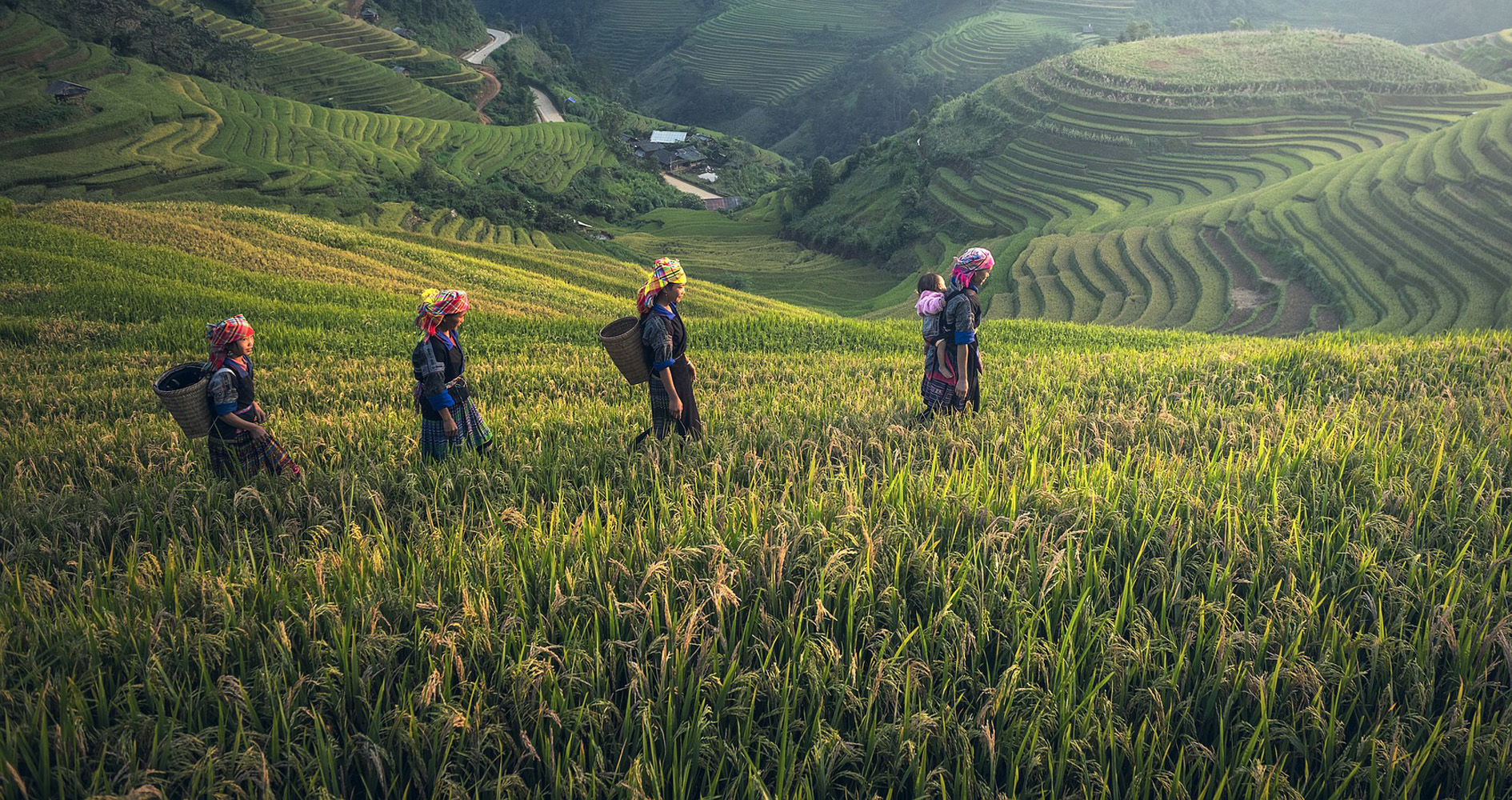
A new study analyzing behavior patterns of people across China shows that the traditional interdependent rice-farming culture of southern China has resulted in residents being more interdependent compared to their countrymen who hail from the more independent wheat-farming culture of northern China
ALS researchers recreate spinal cord cells on a chip

ALS researchers recreate spinal cord cells on a chip
A recent study found that traditionally high-status Americans felt their status in America and the world was threatened by America's growing racial diversity. As a result, these groups increased their support in 2016 for the candidate who most emphasized reestablishing status hierarchies of the past

A recent study found that traditionally high-status Americans felt their status in America and the world was threatened by America's growing racial diversity. As a result, these groups increased their support in 2016 for the candidate who most emphasized reestablishing status hierarchies of the past
28 April, 2018
A sea turtle’s sex is determined by the temperature of the sand it’s born in; rising global temperatures mean that female green sea turtles now outnumber males 116 to 1 at some of the largest hatching sites.

A sea turtle’s sex is determined by the temperature of the sand it’s born in; rising global temperatures mean that female green sea turtles now outnumber males 116 to 1 at some of the largest hatching sites.
When a mosquito bites, it injects proteins called anophelins into its host, allowing the blood to flow more freely. These anophelins have long been a target of researchers trying to create new classes of blood thinners. Now researchers have modified the formulation, making it 100x more potent.
When a mosquito bites, it injects proteins called anophelins into its host, allowing the blood to flow more freely. These anophelins have long been a target of researchers trying to create new classes of blood thinners. Now researchers have modified the formulation, making it 100x more potent.
Impact of Drinking Water Fluoride on Human Thyroid Hormones: A Case- Control Study

Impact of Drinking Water Fluoride on Human Thyroid Hormones: A Case- Control Study
Scientists "keep pigs' brains alive without a body for up to 36 hours"
Scientists "keep pigs' brains alive without a body for up to 36 hours"
Research has shown that gut bacteria (especially species belonging to Lactobacillus and Bifidobacterium) can influence social behaviour, anxiety, stress and depressive-like behaviour
Research has shown that gut bacteria (especially species belonging to Lactobacillus and Bifidobacterium) can influence social behaviour, anxiety, stress and depressive-like behaviour
An eye-tracking study found that text was easier to read when periods were followed by two spaces.

An eye-tracking study found that text was easier to read when periods were followed by two spaces.
Study: Health benefits will offset cost of China’s climate policy
Study: Health benefits will offset cost of China’s climate policy
A healthy group of Tasmanian devils has been discovered in Australia, giving new hope for the survival of the endangered species.
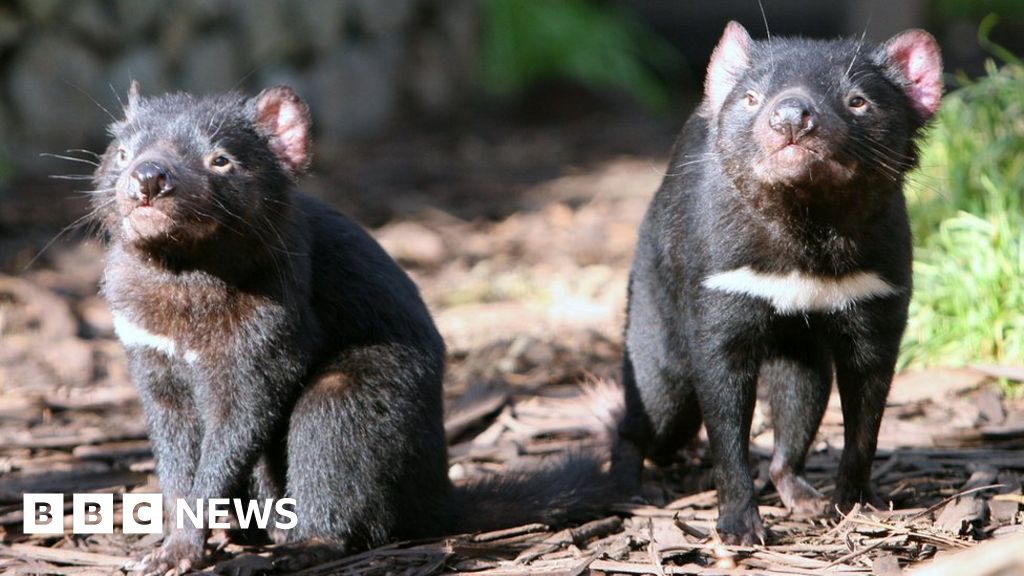
A healthy group of Tasmanian devils has been discovered in Australia, giving new hope for the survival of the endangered species.
Living in poverty can significantly harm people’s mental health, according to recent scientific studies. People living in poor neighbourhoods are more likely to develop mental health problems and less likely to recover from depression and anxiety symptoms

Living in poverty can significantly harm people’s mental health, according to recent scientific studies. People living in poor neighbourhoods are more likely to develop mental health problems and less likely to recover from depression and anxiety symptoms
A new study involving teens in Chinese high schools found a positive relationship between midday napping and nighttime sleep. In China, naps are built into the post-lunch schedule at schools. Habitual nappers (who napped more often) tended to have a better nighttime sleep and neurocognitive scores.
A new study involving teens in Chinese high schools found a positive relationship between midday napping and nighttime sleep. In China, naps are built into the post-lunch schedule at schools. Habitual nappers (who napped more often) tended to have a better nighttime sleep and neurocognitive scores.
27 April, 2018
A study of 630 Canadian millennial men finds that they collectively value altruism and self-care above “traditional” male qualities, in sharp contrast to studies of previous generations.
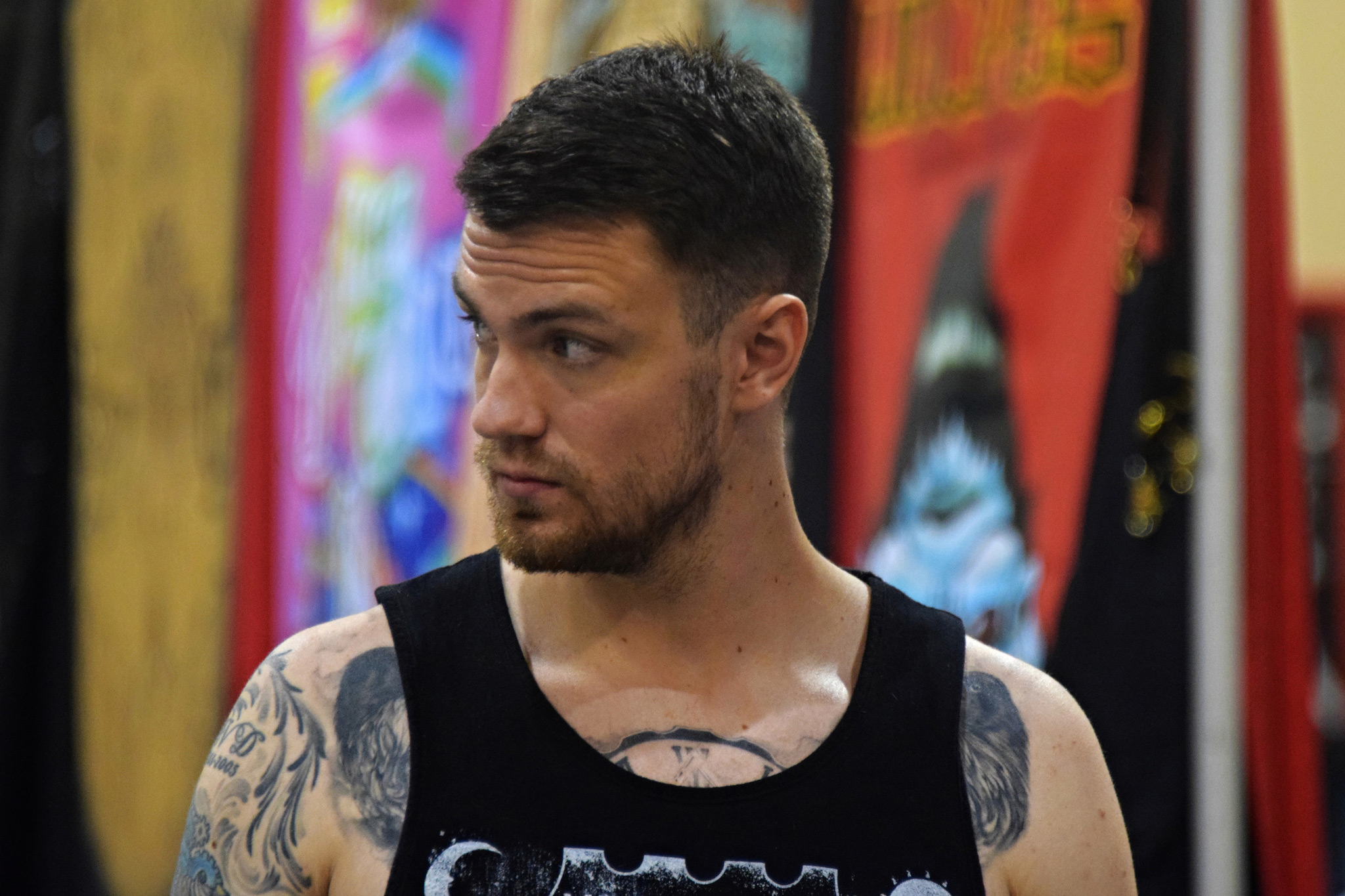
A study of 630 Canadian millennial men finds that they collectively value altruism and self-care above “traditional” male qualities, in sharp contrast to studies of previous generations.
Support for Trump was widely attributed to citizens who were “left behind” economically. A new study finds, though, that change in financial wellbeing had little impact on candidate preference. Instead, preferences were related to issues like the rise of a majority–minority America.

Support for Trump was widely attributed to citizens who were “left behind” economically. A new study finds, though, that change in financial wellbeing had little impact on candidate preference. Instead, preferences were related to issues like the rise of a majority–minority America.
Study concludes that most Americans go to sleep later on Friday, Saturday, and Sunday nights. Delayed bedtimes are especially pronounced for teens and young adults. Findings add evidence to support recent pushes for later school start times, say researchers.
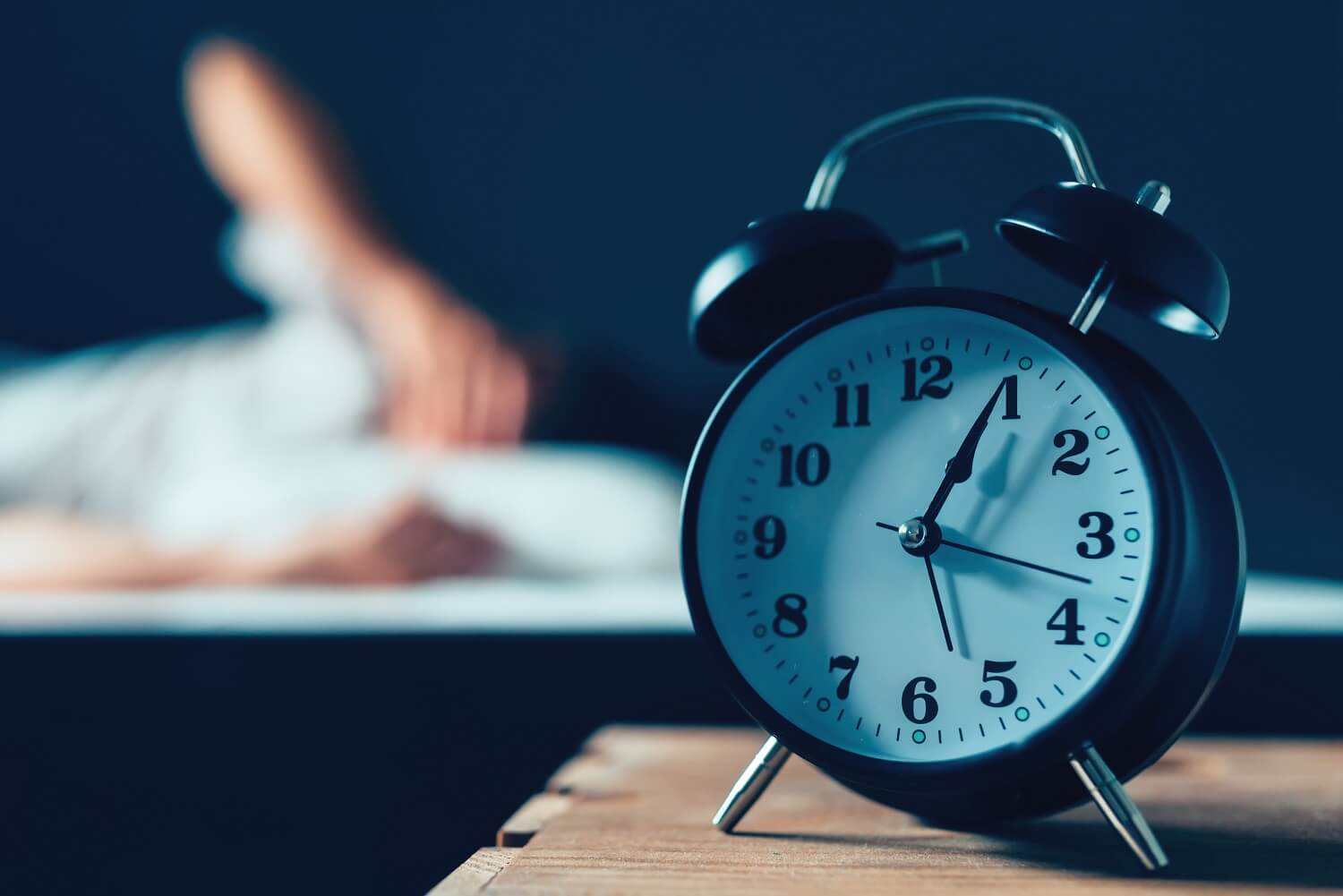
Study concludes that most Americans go to sleep later on Friday, Saturday, and Sunday nights. Delayed bedtimes are especially pronounced for teens and young adults. Findings add evidence to support recent pushes for later school start times, say researchers.
New research confirms dramatic decrease in oxygen in the Gulf of Oman. The affected area is the size of Scotland and growing, making it the largest and thickest "dead zone" in the world.
New research confirms dramatic decrease in oxygen in the Gulf of Oman. The affected area is the size of Scotland and growing, making it the largest and thickest "dead zone" in the world.
Incredibly detailed embryo maps chart each cell’s developmental fate
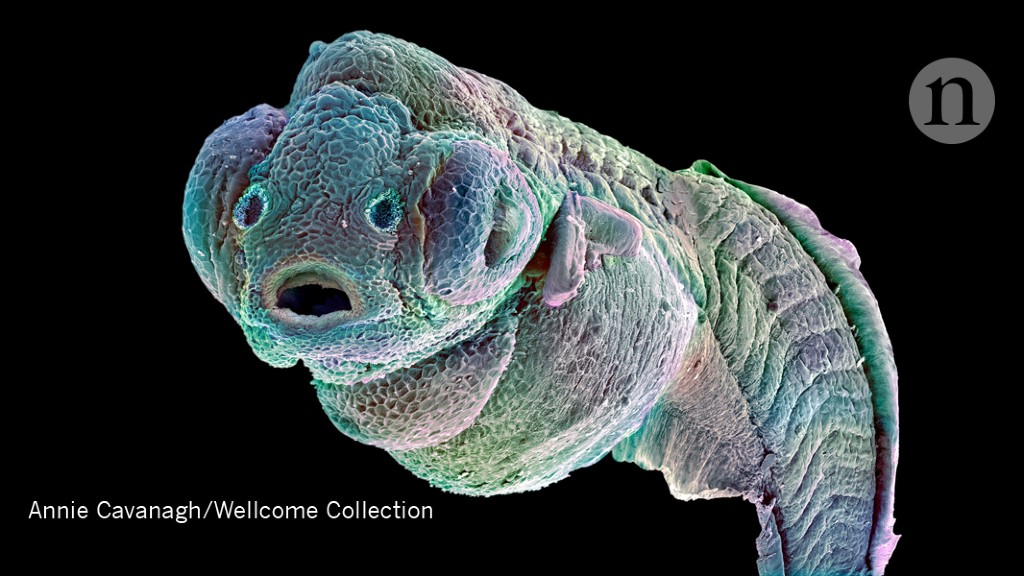
Incredibly detailed embryo maps chart each cell’s developmental fate
Astronomers have captured the first image of a binary star that lived through its companion going supernova. The surviving star — photographed by the Hubble Space Telescope — likely caused the explosion by stealing its partner's outer envelope, which helps wick away excess energy from the core.
Astronomers have captured the first image of a binary star that lived through its companion going supernova. The surviving star — photographed by the Hubble Space Telescope — likely caused the explosion by stealing its partner's outer envelope, which helps wick away excess energy from the core.
Zika virus selectively kills aggressive human embryonal CNS tumor cells in vitro and in vivo

Zika virus selectively kills aggressive human embryonal CNS tumor cells in vitro and in vivo
Scientists report that six people with severe spinal cord injuries — three of them completely paralyzed — have regained use of their hands and fingers for the first time in years after undergoing a nonsurgical, noninvasive spinal stimulation procedure the researchers developed.
Scientists report that six people with severe spinal cord injuries — three of them completely paralyzed — have regained use of their hands and fingers for the first time in years after undergoing a nonsurgical, noninvasive spinal stimulation procedure the researchers developed.
Hi! We’re scientists from the Dunn Lab in the Department of Applied Ecology at North Carolina State University, and we study the biodiversity and ecology of microbes in things like Sourdough bread, insects and in human homes, Ask us anything!

Microbes live everywhere, and are linked to everything we do. The Dunn lab aims to tell the stories of the small species – whether on our bodies, in our homes or our backyards – that humans interact with every day but tend to ignore. The ecology and evolution of these species has barely begun to be explored. We are tackling the unknown with the help of the public, through citizen science research.
Here are some of our projects:
-
The Sourdough Project: Humans have baked bread for over 10,000 years. All over the world, different cultures bake their own unique breads – and have for centuries. Yet we know almost nothing about the microbes that truly make a traditional sourdough bread. We have collected over 500 sourdough starters from 17 countries and are now engaging middle school students to grow and study their own starters, on a quest to understand the microbial zoos that transform flour and water into fluffy, nutritious, aromatic bread.
-
The Crop Mutualist Project: Crop plants have many kinds of mutualists. Flies, bees, and wasps pollinate many crops and in many cases those relationships are specific. But others of the mutualists are smaller, they include the fungi and bacteria that aid plant roots in finding nutrients and also the fungi and bacteria that dwell in and on plant leaves and, in doing so, help to defend them against pathogens and, in some cases, against pests. It is these microscopic partners on which we will initially focus.
-
The Great Pumpkin Project: We are documenting the insects and microbes that visit all cucurbit plants, including pumpkins (which are native to the Americas) and cucumbers (which are native to Asia). These plants are now grown and enjoyed throughout the world, yet we know very little about the microbes and insects that grow with them.
-
The Wild Life of Our Homes: Human homes are often considered to be unique from the environments in which we evolved. Though we now spend most of our lives indoors, it has only been in recent years that we have started to fully explore the diversity of microbes which colonize and persist in these spaces. With the help of citizen scientists, our lab has studied the differences among interior surfaces within homes from North America (e.g., how microbial communities vary on pillows compared to toilet seats). We are now expanding this research to include differences in home design, as well as to consider how our species interactions may have changed throughout human history.
We’re doing this AMA as part of the National Human Genome’s National DNA Day Reddit AMA series to celebrate how genomics is used in our everyday lives. Ask us anything about our work on microbial ecology in guts, crops, homes, sourdough, and other fermented foods!
Your hosts today are:
Dr. Rob Dunn, professor of applied ecology
Dr. Erin McKenney, postdoctoral researcher studying microbial community dynamics and the relationship between taxonomy, function, and niche space in sourdough and guts. I’m interested in coupling research and education, and I am also a blacksmith.
Dr. Anne A. Madden, postdoctoral researcher studying the bacteria and fungi of diverse environments (not limited to fermented foods and beverages, insects, and built environments) and developing human applications from these insights.
Dr. Lori Shapiro, postdoctoral researcher studying how agricultural systems change selective pressures on plant-insect and plant-microbe interactions. I use cucurbits as model systems to investigate how landscape scale changes associated with agriculture affect crop mutualists.
Megan Thoemmes, doctoral candidate studying the interface between the human body and the indoor environment. I am interested in how our species interactions have changed over time, as our homes have become more permanent and further removed from the natural world.
Lauren Nichols, research technician studying how species adapt to their environment and how this affects inter-species interactions and evolutionary diversification, particularly in the context of anthropogenic environmental changes.
Learn more about the Dunn lab: http://robdunnlab.com/
Learn more about our citizen science projects: http://studentsdiscover.org/
Ongoing work in the Dunn lab considers the role of wasps and ants in traditional vineyards, the biology of pants, the potential value of microbes in camel crickets to industrial waste remediation, and the biology of foods such as sourdough bread. In general, Dr. Dunn uses insights from basic ecology and evolution to make new discoveries but also to achieve applied goals.
‘Infinitely’ recyclable polymer shows practical properties of plastics - Chemists discover polymer with plastics properties, such as light weight, heat resistance, strength and durability, but unlike petroleum plastics, can be converted back to its small-molecule state for complete recyclability.
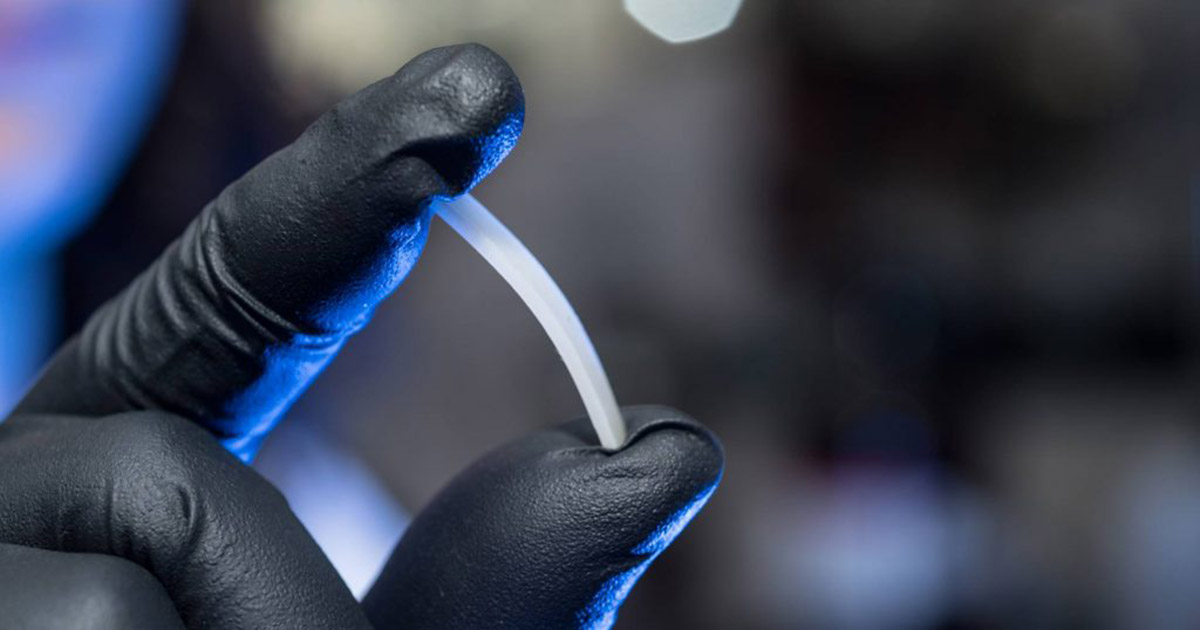
‘Infinitely’ recyclable polymer shows practical properties of plastics - Chemists discover polymer with plastics properties, such as light weight, heat resistance, strength and durability, but unlike petroleum plastics, can be converted back to its small-molecule state for complete recyclability.
‘Infinitely’ recyclable plastic created by chemists for first time
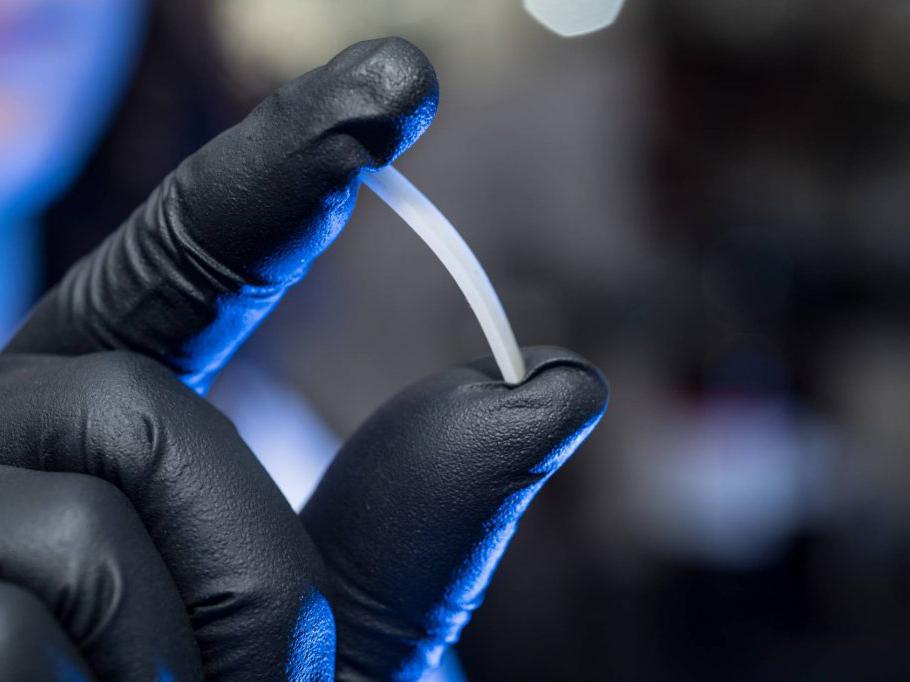
‘Infinitely’ recyclable plastic created by chemists for first time
